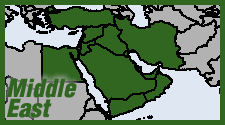 A military court in the Gaza Strip has sentenced two men to death after they were found guilty of drug dealing, the independent Palestinian media outlet Ma'an News Agency reported March 19. At a press conference in Gaza City, a representative of the Strip's Interior Ministry—controlled by the Hamas movement—said that the first "convict," an officer in the Palestinian Authority security service, was sentenced to death by firing squad for possession of 40 boxes of the synthetic opiate Tramadol. The second, also Palestinian and described as a "fugitive on the run," was sentenced to death by hanging after he was allegedly caught with a bag containing "a large quantity" of Tramadol, cannabis, and opium. Both are accused of bringing the substances in from across the border with Egypt.
A military court in the Gaza Strip has sentenced two men to death after they were found guilty of drug dealing, the independent Palestinian media outlet Ma'an News Agency reported March 19. At a press conference in Gaza City, a representative of the Strip's Interior Ministry—controlled by the Hamas movement—said that the first "convict," an officer in the Palestinian Authority security service, was sentenced to death by firing squad for possession of 40 boxes of the synthetic opiate Tramadol. The second, also Palestinian and described as a "fugitive on the run," was sentenced to death by hanging after he was allegedly caught with a bag containing "a large quantity" of Tramadol, cannabis, and opium. Both are accused of bringing the substances in from across the border with Egypt.
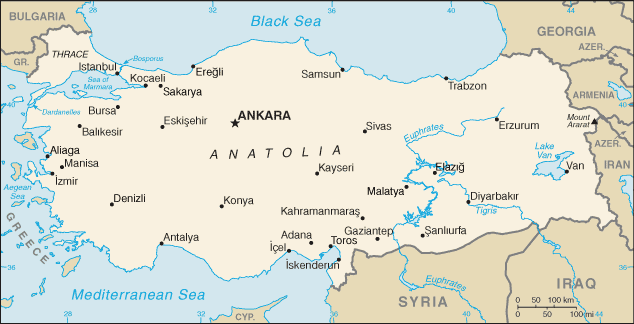 Security forces in southeastern Turkey, where authorities have been waging a brutal counterinsurgency war against Kurdish guerillas, reported the seizure last week of 2,290 kilograms of hashish and 6,632 kilograms of unprocessed cannabis "in an operation against the drug activities of the PKK terrorist organization."
Security forces in southeastern Turkey, where authorities have been waging a brutal counterinsurgency war against Kurdish guerillas, reported the seizure last week of 2,290 kilograms of hashish and 6,632 kilograms of unprocessed cannabis "in an operation against the drug activities of the PKK terrorist organization."
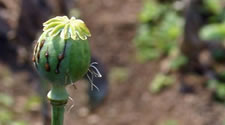 US Marines this week
US Marines this week 
 A military court in the Gaza Strip has sentenced two men to death after they were found guilty of drug dealing, the independent Palestinian media outlet
A military court in the Gaza Strip has sentenced two men to death after they were found guilty of drug dealing, the independent Palestinian media outlet  Seven Baltimore police officers were arrested by federal agents March 1 on racketeering charges. The officers are accused of conducting illegal stops, stealing money and drugs from suspects, swearing false affidavits, submitting false incident reports and participating in overtime fraud. One of the officers was also charged in a separate drug conspiracy indictment, involving a heroin distribution ring. The charges are the latest blow to Baltimore's already
Seven Baltimore police officers were arrested by federal agents March 1 on racketeering charges. The officers are accused of conducting illegal stops, stealing money and drugs from suspects, swearing false affidavits, submitting false incident reports and participating in overtime fraud. One of the officers was also charged in a separate drug conspiracy indictment, involving a heroin distribution ring. The charges are the latest blow to Baltimore's already 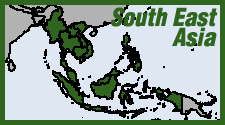 As Burma's
As Burma's 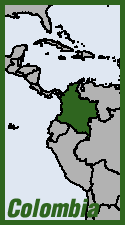 For 48 hours Feb. 21-2, hundreds of peasant coca-growers shut down the main highway between the southern Colombian cities of Tumaco and Pasto. The feared anti-riot force, the Mobile Anti-Disturbance Squadron (
For 48 hours Feb. 21-2, hundreds of peasant coca-growers shut down the main highway between the southern Colombian cities of Tumaco and Pasto. The feared anti-riot force, the Mobile Anti-Disturbance Squadron (





Recent comments
1 day 7 hours ago
1 day 14 hours ago
3 weeks 2 days ago
4 weeks 1 day ago
8 weeks 1 day ago
12 weeks 7 hours ago
16 weeks 12 hours ago
16 weeks 5 days ago
26 weeks 5 days ago
30 weeks 6 days ago